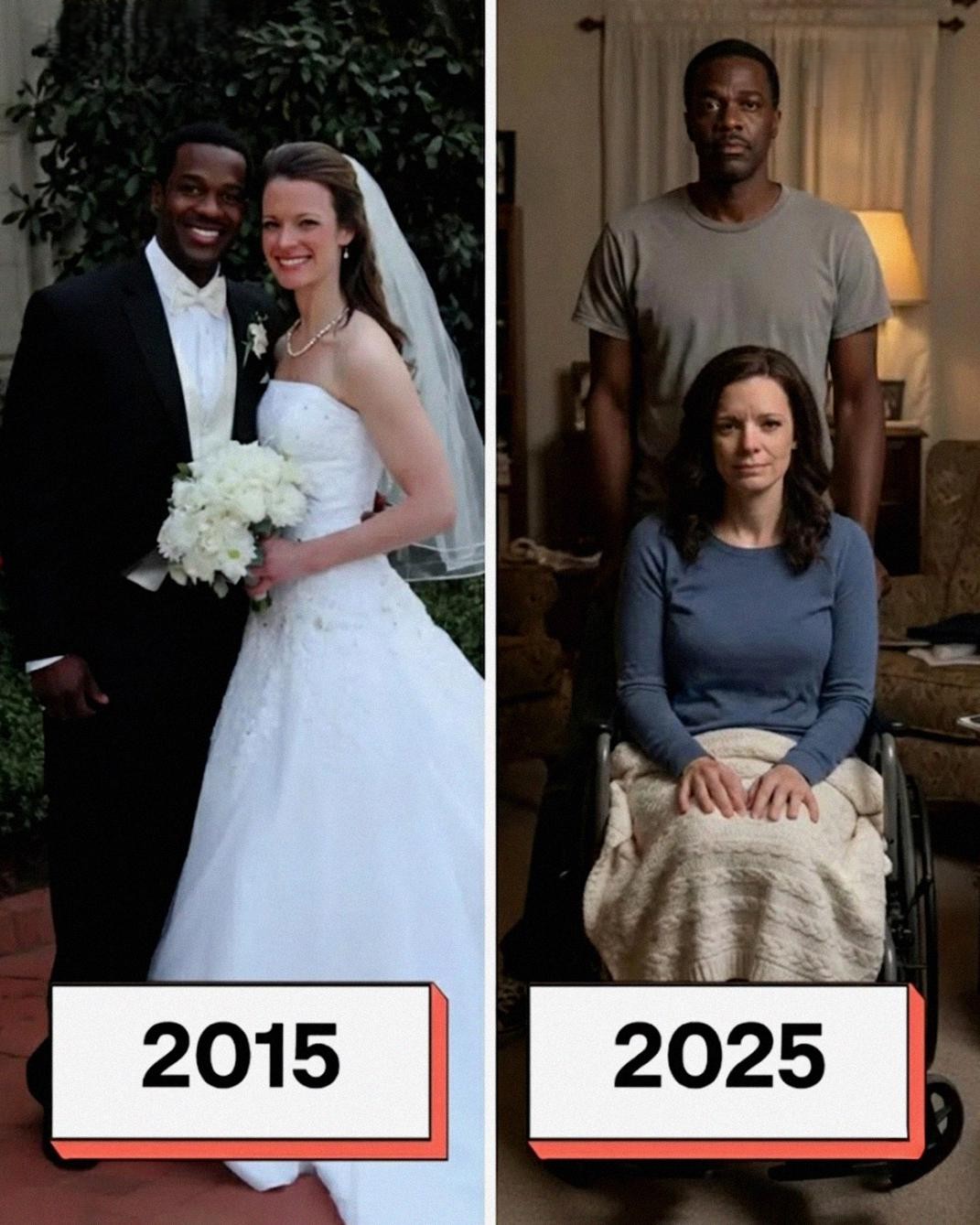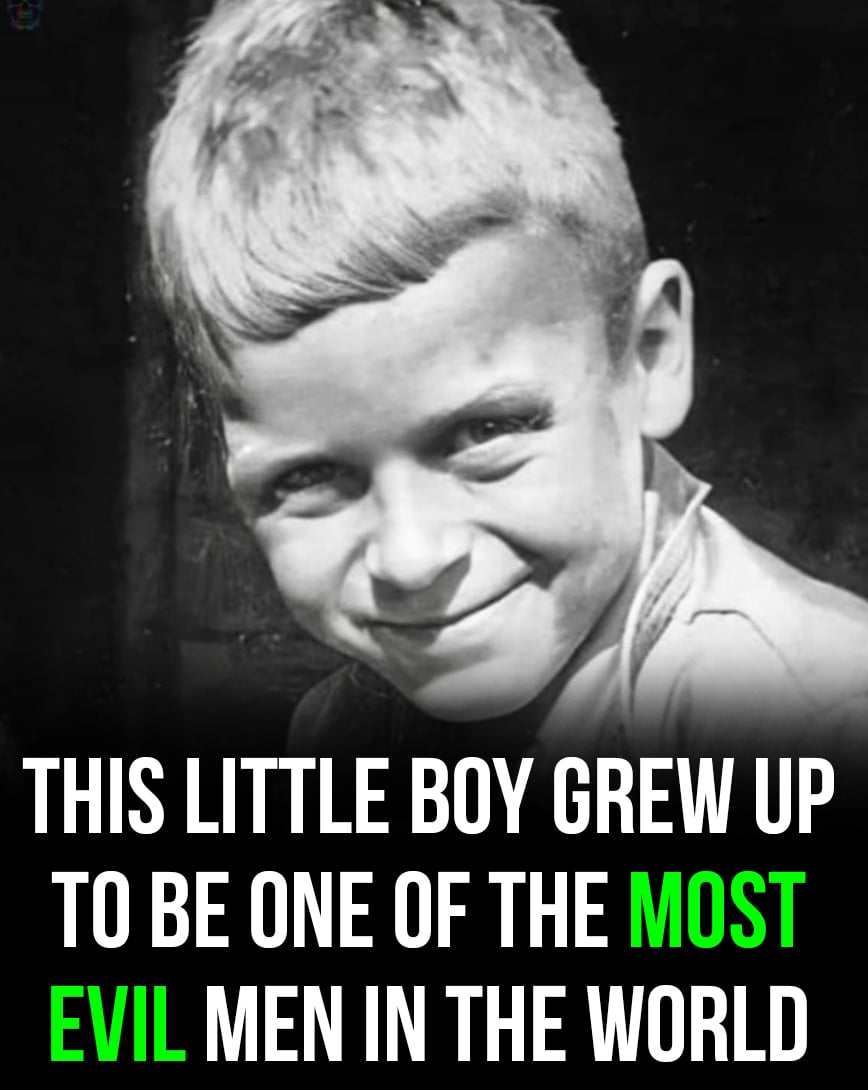50 years later, no one expected
Over 50 years ago, a bold experiment in science and hope made history: Dr. James Hiram Bedford became the first person to be cryogenically frozen. Facing terminal kidney cancer in 1967, Bedford sought a chance to see a future where medical advancements might offer him new life. His decision was inspired by the groundbreaking ideas of Dr. Robert Ettinger, author of *The Prospect of Immortality* and one of the earliest advocates for cryonics.
When Bedford passed away on January 12, 1967, his body was carefully preserved using dimethyl sulfoxide, a chemical intended to prevent ice formation in cells, under the supervision of Dr. Robert Nelson. Bedford’s choice marked the beginning of human cryonics, a field that straddles science, philosophy, and hope. Unlike organ preservation, which is routine today, freezing an entire human with the hope of future revival remains highly experimental, and Bedford’s body stands as a historical milestone in this pursuit.
A psychology professor, World War I veteran, and avid traveler, Bedford lived a life full of curiosity and adventure. His decision to embrace cryonics reflected his lifelong willingness to explore new frontiers, even in the face of mortality. Over five decades later, his body remains in storage, a silent testament to both human ingenuity and the persistent question of whether science can one day reverse death.
Cryonics continues to evolve, but it remains controversial. Skeptics argue that the cellular damage caused by freezing is likely irreversible, while proponents maintain that advances in nanotechnology, regenerative medicine, and molecular repair might one day make revival possible. Bedford’s preservation, therefore, is more than a personal gamble; it is a symbol of humanity’s enduring desire to transcend the limits of life.
Today, Dr. James Hiram Bedford’s story inspires both fascination and debate. His pioneering leap into the unknown challenges our understanding of life and death, and it raises timeless questions: Can science ever fulfill the dream of immortality? Will future generations look back at Bedford not just as a frozen body, but as the first human to stake everything on hope and the promise of tomorrow?






Post Comment